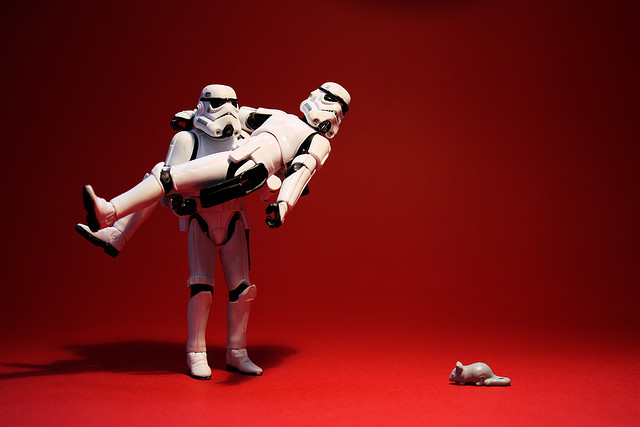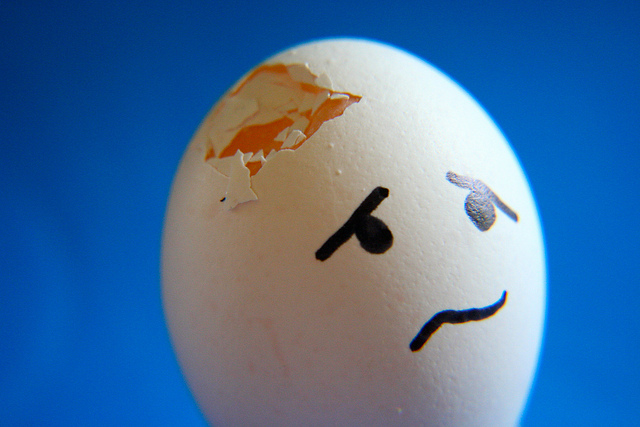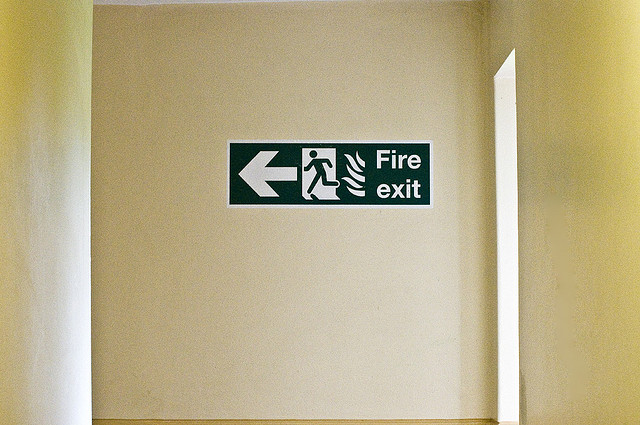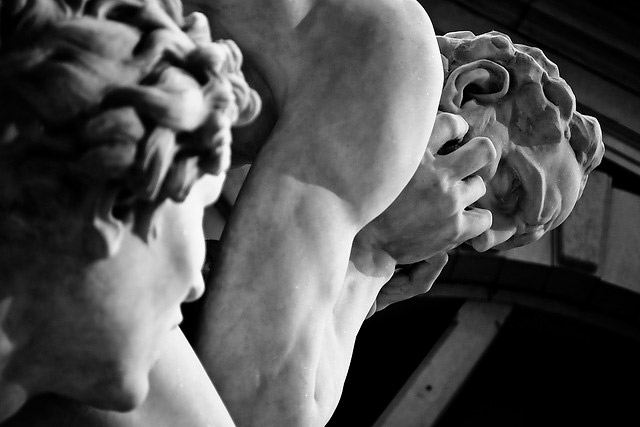03 Nov 2016
5 facts about the consequences of traumatic events
Mental trauma affects a person at different levels individual-personal organization, including at the level of the world picture. What's in this context it is meant by the picture of the world? In English terminology there is a phrase «assumptive world», that is, the world of human assumptions about reality. Under the picture of the world is understood as the set of his ideas about himself and about the external reality, and about the relationship between "I" and the external reality. Such representations are called basic beliefs. The annex to the basic concept of psychic trauma of opinion was developed by American researcher Ronnie Yanov-Boulemane. She described the conceptual system of representation of the relationship between man and the world in a few basic beliefs.

- 1.A basic belief of goodwill / hostility of World
The first - is the belief of goodwill / hostility of the world, which reflects the relationship to the world in terms of good / hostile or good / bad. In general, the inner vision of a world most adults, healthy, not suffering from depression or some other human disorders is that it is much more good in the world than bad, that people in general can be trusted, that in difficult situations, as a rule, people ready to help.
This is a basic belief in the context of the examination of injury is divided into two kinds: the first - a goodwill / hostility of personal world, there are people, and the second - friendliness / hostility of non-personal world, that is the nature.
- 2.The concept of justice, self-worth, and luck
The second basic belief is a belief so-called justice. This is a very complex construct it in different ways is related to psychological well-being of man, but nevertheless based on research findings, most people believed that the overall good and bad things in the world are distributed by chance, people are able to control what happens to them, life affects that, in general, if a person is good and does good deeds primarily in his life will be mainly and should be a good event. Thus, some degree of randomness factor is excluded.
The third basic belief for the "I" of man. This includes the idea of self-worth, that is how a person is worthy of love and respect on the part of others. This inner, deep structures. This also Yanov-Boulemane includes representations of the person about his ability to control what happens to them, monitoring the situation in his life, to influence them, manage them, that is, to some extent be the master of your life.
Another belief is somewhat contrary to the previous one - is the belief about luck. A person may believe that he is a weak, incompetent, that he can not manage his own life, but nevertheless in his life he can carry. If you take the healthy adults, then, if you combine all of these basic beliefs, their concept is: "In the life of a lot more good than bad, and if the worst happens, it happens somewhere on the periphery, on the TV screen, not with me, not with me, and perhaps to those who have done something wrong. "
- 3.Sources of basic beliefs
Where are the basic beliefs? It is believed - and it is split basic theoretical psychological concepts - that these basic ideas about themselves, about the world, there are a baby on the preverbal level already by about 8 months. The child has a deep unconscious ideas about how the world is benevolent to him, how much he is willing to respond to his needs.
Thus, a small child already has some basis for the basic picture of the world, and during the life of these bases may vary slightly. But in general, it is believed that these beliefs are very stable in contrast to the more superficial beliefs and perceptions. For example, the representation of the person that he is a good professional, anyway constantly empirically verified, corrected, and changes do not cause us some serious and significant experiences. The system of basic beliefs, if they are on the whole positive, provides a person a feeling of relative invulnerability and security. To improve mental function one can by the help of Semax, Cogitum, Phenotropil.
- 4.Psychic trauma: a violation of the basic beliefs
When there is an extreme stress event which endangers the human being, a stable and reliable support - picture of the world - is broken. The man begins to feel in a state of chaos, because the world is not friendly and not worthy of trust, and the person feels is not as strong, competent, control what happens to him, because, as a rule, traumatic events occur suddenly. We can not say that the picture of the world is collapsing, but it is undergoing major changes. Next on the mechanisms of formation of new cognitive structures must occur, or the assimilation of the event, ie the event is to be inscribed in the picture of the world, or accommodation, that is changing the picture of the world under the new conditions. Work in the posttraumatic period is to restore the picture of the world.
Recovery does not take place completely, and usually after experiencing severe traumatic event in the case of a good outcome and the lack of serious violations of the concept of the world goes something like this: "The whole world is friendly, and there are a lot of good people, and it is generally well with me costs, but It does not always happen. "
In posttraumatic period people tend to look for new meanings and values of a traumatic event in order to fit it into the picture of the world. Studies show that people tend to compare ourselves with other people who have experienced the same events, but were in a difficult situation, for example, also lost their property as a result of flooding, but their losses were great. In general, it helps to write this traumatic situation in view of the world, and people are starting to look at this situation, new meanings. To reduce suffer from traumatic situation one can by the help of Phenibut, Phenazepam and Afobaxol.
- 5.Posttraumatic personality growth
Since the beginning of the 90s study conducted post-traumatic personal growth. In particular, it was found that some people experience after trauma, there are serious personality changes towards greater personal maturity, revaluation of values. These changes affect, first of all, the image of "I", that is, after catastrophic experience a person feels stronger, more dignified and more competent; Second, a change in the philosophy of life, that is, after an injury, oddly enough, people begin to feel more alive and begin to appreciate what had seemed insignificant.
The last group of changes after injury concerns relations with other people. Thus, a positive change in the image of "I", changes in relationships with other people in the form of greater intimacy, mutual support and change philosophy of life - this is the growth area over which we can work, particularly in the psycho-correction, trauma therapy.

 Cart
Cart








